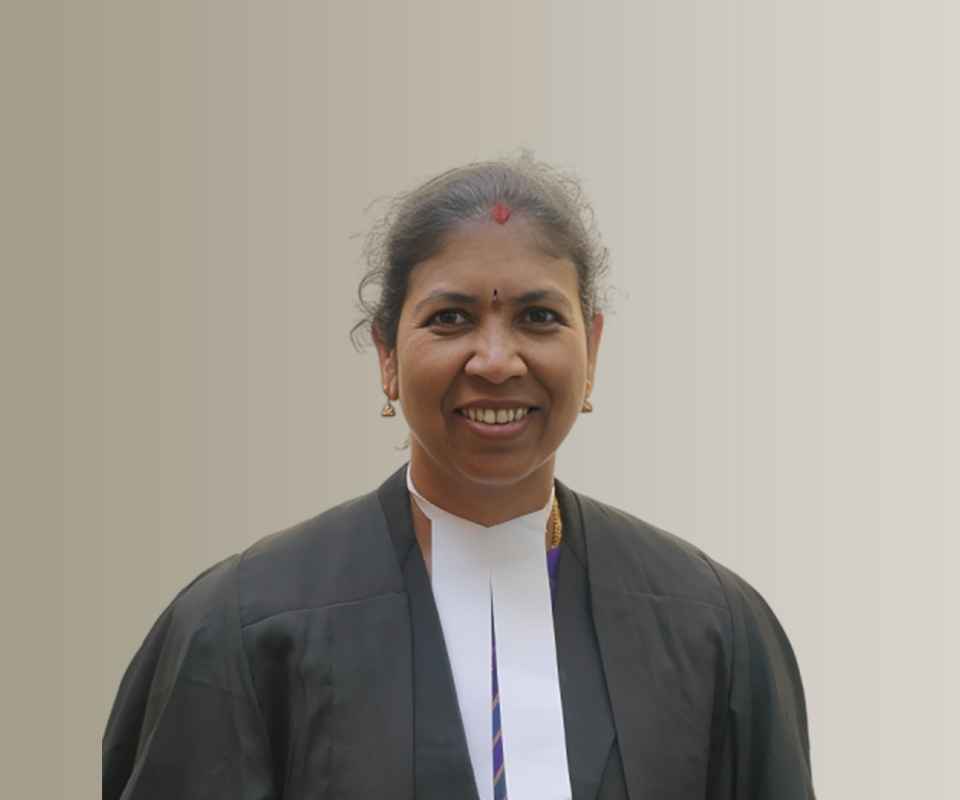Answer By law4u team
Bharatiya Nagarik Suraksha Sanhita, 2023 - Section 241: Separate charges for distinct offences.
(1) For every distinct offence of which any person is accused there shall be a separate charge, and every such charge shall be tried separately: Provided that where the accused person, by an application in writing, so desires and the Magistrate is of opinion that such person is not likely to be prejudiced thereby, the Magistrate may try together all or any number of the charges framed against such person.
(2) Nothing in sub-section (1) shall affect the operation of the provisions of sections 242, 243, 244 and 246.
Illustration.
A is accused of a theft on one occasion, and of causing grievous hurt on another occasion. A must be separately charged and separately tried for the theft and causing grievous hurt.
Brefe Detail
This section establishes that each distinct offence must be charged separately. However, if the accused requests this in writing and the Magistrate believes there will be no prejudice, multiple charges may be tried together. It also clarifies that this does not affect certain other legal provisions.
Question & Answers
Q: What is required for each distinct offence?
A: Each distinct offence must have a separate charge.
Q: Can charges be tried together?
A: Yes, if the accused requests this in writing and the Magistrate believes it will not prejudice the case.
Q: Are there exceptions to the separate charge rule?
A: Yes, the operation of sections 242, 243, 244, and 246 is not affected.
Q: Can an accused be tried for different offences at the same time?
A: Only if the accused requests it and the Magistrate agrees it will not cause prejudice.
Example
1. A is charged with theft and grievous hurt. - A must be tried separately for theft and grievous hurt.
2. A requests to combine charges of minor offences. - If the Magistrate believes this won't cause prejudice, the charges may be combined.
Summary
Section 241 mandates separate charges for distinct offences but allows for consolidation of charges if the accused requests it and no prejudice is foreseen. This ensures clarity in legal proceedings while maintaining fairness.







